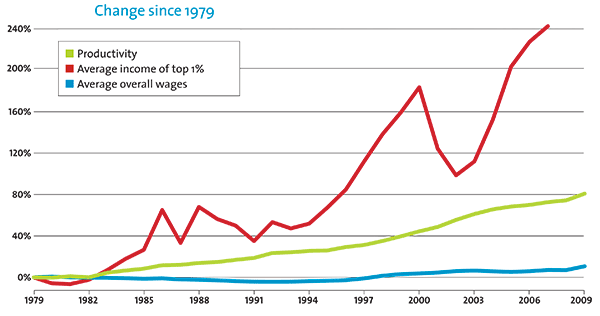Originally posted by Mountain Man
View Post
21 was set as the age of majority because it was decided that a person of that age would be mature enough to understand the issues. Then they dropped it to 18 because we were sending 18 year olds to war and not giving them a say in the government who sent them there.
Taxes are arbitrary because they are just something you came up with to stop those you don't want to vote from voting. They are citizens and whether they pay federal taxes or not has nothing to do with it. In fact, a lot of rich people don't pay taxes either because of a business loss, or some other tax shelter. There is no way to track who is paying and not paying and saying "you can vote, you can't" - that is why it is arbitrary. Whether someone is rich or poor, they should have a say-so in the government. Even if their votes are idiotic and elect morons like Sheila Jackson Lee. In the end, things tend to even out. Just look at Obama's popularity after he has shown that he can't be trusted to water a cactus.










Comment